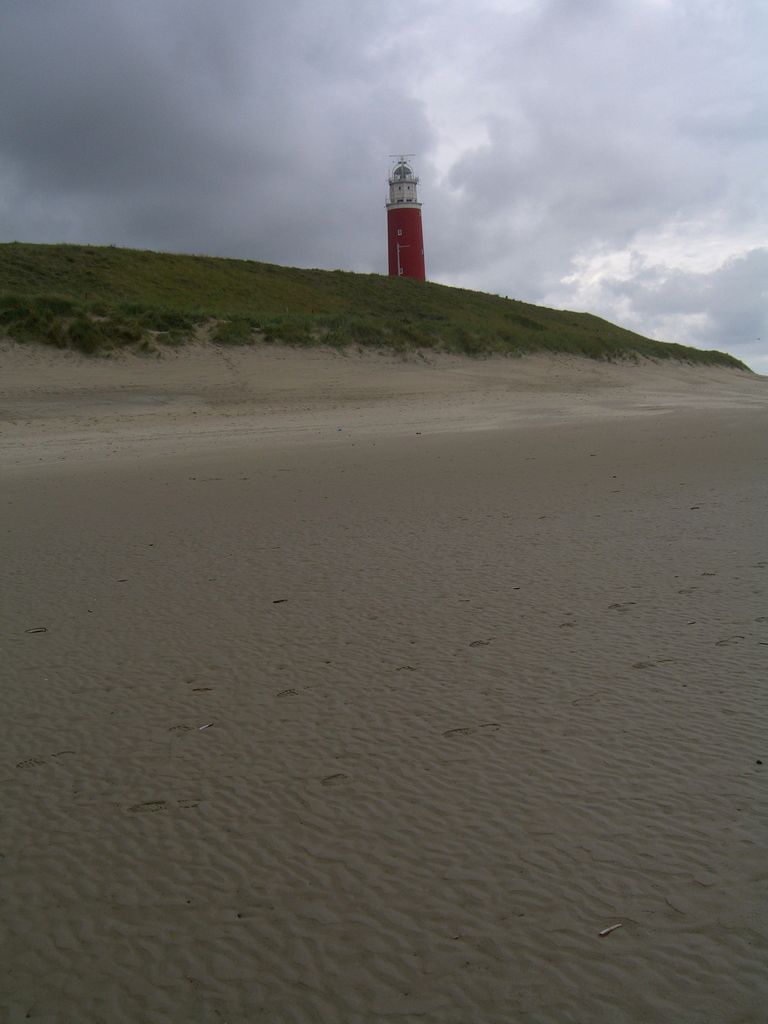Italy and Turkey, Natural Allies, Amplify Ties amidst Uncertainty
EU's International Diplomatic Strategy
In the bustling heart of Rome, Villa Pamphili plays host to the fourth intergovernmental summit between Italy and Turkey. This meeting comes amidst a climate fraught with turmoil, not just for Europe and the broader Mediterranean, but for the entire world. The last summit, held in Turkey in 2022, didn't bear the weight of the new global trade disruptions or the escalating Russian-Ukrainian conflict and Gaza war.
The Italian and Turkish delegations, led by Prime Minister Giorgia Meloni and President Recep Tayyip Erdoan, are set to tackle the most pressing issues of the day. However, these discussions will transpire within the framework of a bilateral relationship that has grown increasingly fluid as a result of frequent interactions and high-level meetings over the past three years.
These encounters have underscored the necessity for both nations to bolster their strategic ties, given the escalating instability in critical regions such as Gaza and the Mediterranean, the Red Sea, and the Sahel, along with managing migration surges. The urgency to halt hostilities in Gaza, despite Erdogan's long-standing pro-Palestinian stance, the commitment to preserving Ukraine's territorial integrity, stabilizing Libya, and fostering a democratic transition in Syria—these are the key areas where Italian and Turkish interests align in a complex, unpredictable global landscape, trying to account for the erratic nature of the newly installed White House occupant, Donald Trump.
As the summit unfolds, insiders suggest that Rome and Ankara will need to demonstrate a pragmatic approach to leveraging the positive results of economic cooperation (the trade volume surpassing $32 billion, surpassing the set target of $30 billion) to drive political unity and elevate their cooperation to a new level. Prior to the Meloni-Erdogan meeting, Turkey's ambassador to Rome, Elif Comoglu Ulgen, heralded the summit as the preamble to a fresh chapter in bilateral relations between Italy and Turkey.
From the intergovernmental summit, she added, one can expect "good news and positive developments," which seems to parallel Trump's surprising openness towards Ukrainian leader Volodymyr Zelensky. While Meloni has acted as a key intermediary between the US and the EU since the onset of the Trump administration, Erdogan represents one of the strongest voices within the so-called "Global South" and the leader of a country that has been a candidate for EU membership since 2006.
Economic Foundation for Broader Strategic Collaboration
The robust economic cooperation between Türkiye and Italy forms the foundation for a broader strategic partnership. This foundation is evident in the surpassing of the target $30 billion trade volume, which has reached $32 billion in 2024. This economic foundation is expected to underpin collaborative political efforts, providing the impetus for a quantum leap in their bilateral relations. Moreover, a business forum took place during the summit, where Italian and Turkish businesses explored potential partnerships in sectors such as manufacturing and energy.
Aligned Interests in Regional and Security Challenges
Türkiye and Italy share interests in tackling regional challenges such as migration, energy security, and securing stability in the Mediterranean. Their respective roles in NATO and the EU enable them to collaborate effectively on these issues. Furthermore, they may explore cooperative strategies on energy security, including natural gas and renewable energy projects, to bolster regional stability and security.
Both nations also recognize the importance of counter-terrorism efforts and may work together to establish coordinated strategies to combat common security threats. In terms of geopolitical challenges, the convergence of interests between Italy and Türkiye presents a solid foundation for enhanced cooperation in the face of global instability. They can collaborate to maintain stability in the Mediterranean region, secure diverse energy sources, and coordinate efforts within NATO and the EU to address common threats like terrorism and cyber espionage.
- The fourth intergovernmental summit between Italy and Turkey, held at Villa Pamphili, aims to address contemporary issues such as migration surges, instability in the Mediterranean and the Sahel, and conflicts in Gaza amidst a volatile global landscape.
- Despite varying stances on specific matters, such as Erdogan's pro-Palestinian stance and Trump's unpredictable presidency, the importance of aligning interests for mutual benefit is emphasized during bilateral meetings between Giorgia Meloni and Recep Tayyip Erdoan.
- Economic cooperation between Italy and Turkey has significantly grown, with the trade volume surpassing $32 billion in 2024, providing a foundation for political unity and potential advancements in their bilateral relations.
- Tackling regional challenges like energy security, securing stability in the Mediterranean, and countering terrorism threats are common goals for both NATO and EU members Italy and Turkey, warranting further strategic collaboration.
- The robust economic foundation and shared interests in regional security challenges present an impetus for Italy and Turkey to elevate their cooperation to new levels, particularly in sectors like manufacturing, energy, and NATO/EU-coordinated efforts against global instabilities like terrorism and cyber espionage.





